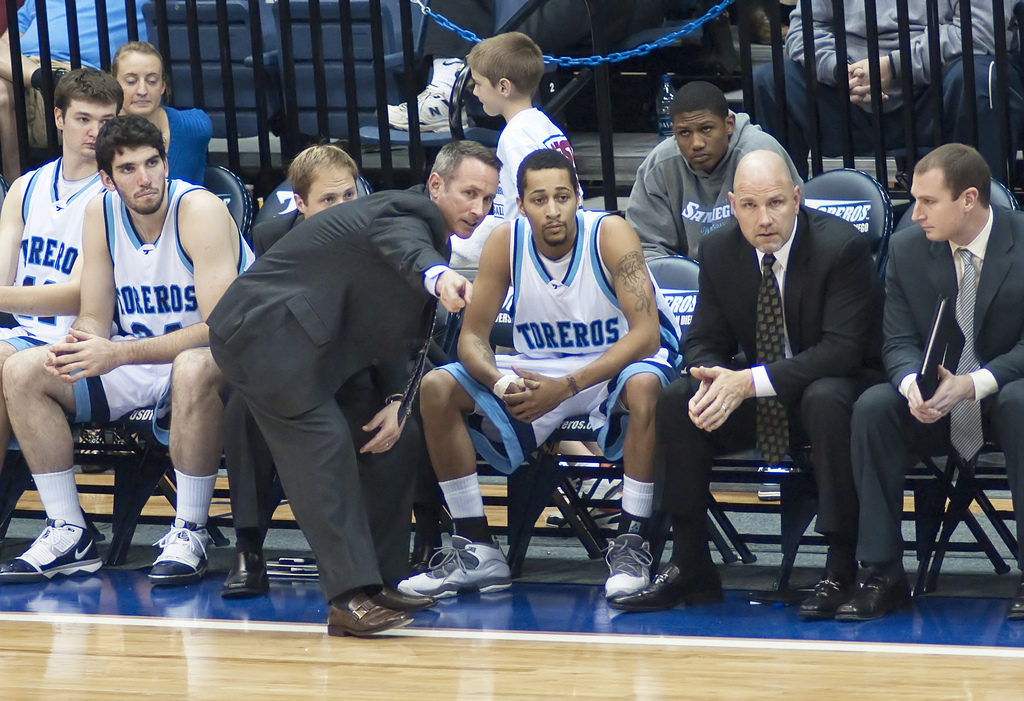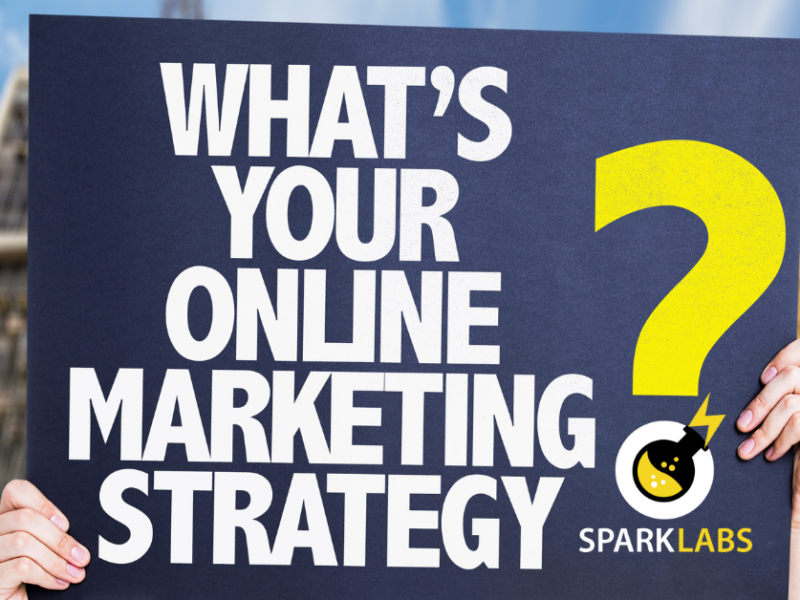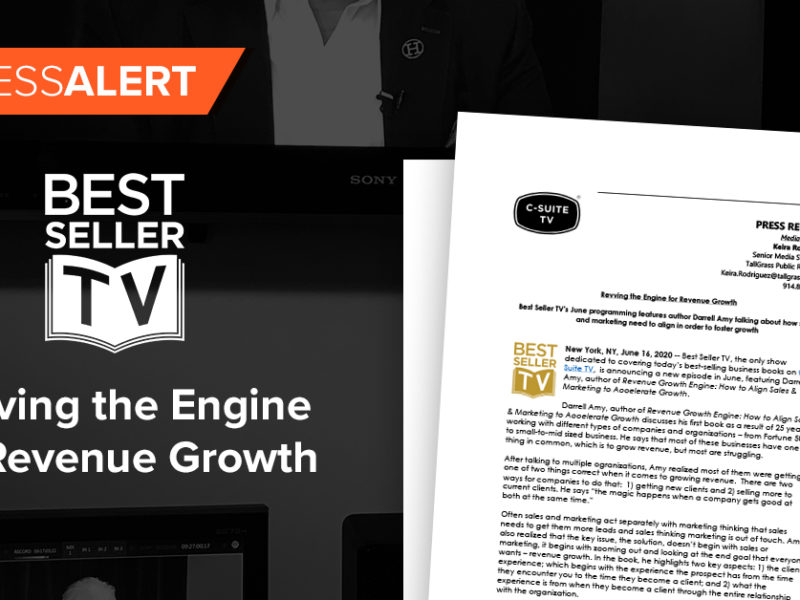
Is Coaching The Next Commodity?
Is Coaching The Next Commodity? https://csuiteold.c-suitenetwork.com/wp-content/uploads/2014/01/4179793164_c0f22ab519_b-1024x701.jpg 1024 701 C-Suite Network https://csuiteold.c-suitenetwork.com/wp-content/uploads/2014/01/4179793164_c0f22ab519_b-1024x701.jpgBy Micheal Burt
We have moved past what my mentor Dr. Stephen Convey calls the “knowledge worker age” and into what I call the “Coaching Revolution.” The Coaching Revolution is driven by the belief that either you are a coach, you have a coach or you don’t want to be coached. If you don’t want to be coached, then be prepared to be left behind.
So what is the difference between coaching and consulting? Based on my perspective and background, coaches do more than ask clients questions and let them figure out the answers on their own. As a former championship high school basketball coach, I have learned great coaches do three things very well: They make us have conversations we don’t want to have, do things that we don’t want to do and become something we didn’t think we could become.
Along with coaching, I think it’s important to understand how training has evolved. I believe training should be understood as “engaging a person or group in a set of systematic and consistent behaviors that allows
them to do something tomorrow they simply cannot do today.” It is built on a trusting relationship between the player and the coach developed through a human investment and shared goals.
Could a personal trainer be a coach? Yes. Could a speaker who has a unique methodology that works with people in a consistent manner to drive new results over a period of time be a coach? Yes. Could a consultant that “coaches” people through a shift in knowledge, skills, desire, confidence, likability, networks, what their differential advantage is or ways to penetrate the market or get new customers be a coach? Yes. But, don’t forget the three things that great coaches do.
Coaching involves more than asking questions. It involves asking people to do something they haven’t done before. Dan Sullivan calls gaps, holes or voids in a client’s life or business “missing structures.” They may be
as simple as personal confidence or as complicated as not having a selling system or a growth model.
Enter the coach.
The coach has the “missing structure” people are looking for. The coach brings this ‘”structure” to the equation and distributes it to the client in such a way that it fills the gap and transforms the client’s insecurity, lack of clarity and lack of confidence into focus, clarity and belief. If the client could fill this hole and answer the problem from within then they wouldn’t need the coach.
I found my voice early in life. I started coaching athletics at 15 years old, was at a major high school coaching at 19 and was the head coach at 22. I inherited one of the largest programs in tradition-rich Tennessee that had never won a championship in 24 years of the school’s existence. I had to take whoever went to school there with no recruiting and shape and mold them into champions. Nine years later, we produced seven consecutive 20+ win seasons, four conference titles, three sub-state appearances, more than 220 wins, two Miss Basketball finalists and the first state championship in more than 83 years in the city. We also had 100 percent of our players further their educational careers at the collegiate level.
I taught my players “The 7 Habits of Highly Effective People,” “Good to Great,” “The Five Dysfunctions of Teams,” “The Power of Intention,” “Become a Category of One” and “The Five Disciplines of a Learning Organization.” I sought to grow all parts of their nature with a holistic coaching model that touched the body, mind, heart and spirit. I gave them this structure since they didn’t have it, and most didn’t even know they needed it. Since I retired in 2008, they have gone on to win the last two out of four state championships and now have expectations of winning one every year. We transformed the culture, which is what good coaches do.
Halfway through my journey I started writing books on the collision I was seeing take place between business and sport. I discovered that sports needed more business principles and business needed more sports acumen. It was just that simple. Big companies began to call me and ask, “Will you help coach our people to play at a new level and keep them motivated and focused toward our aspirations?” I said yes. They all said the same thing, “We have good people. They just need a coach and a system.”
Remember, “Everybody needs a coach in life,” as good coaches do three important things:
- They make us have conversations we may not want to have.
- They encourage us to do things we may not want to do.
- They help us become something we didn’t even think we could become.
We are in a “Coaching Revolution,” which means this:
- You are a coach who is coaching and mentoring someone else.
- You are getting coached because you are hungry, humble and teachable.
- You don’t want a coach and your life is stagnant and automated with no growth.
Finding yourself in the third category will make you obsolete in today’s global marketplace.
When it comes to the system and the coach, think on this: Can you imagine Nick Saban walking in at the University of Alabama and asking his players how they should win a championship, or Phil Jackson asking the Bulls or Lakers what they should do to make this happen? They were hired for one key reason: They had the missing structure the organization needed to break through their past ceiling and generate new results. They bring it with them, as people are paying for their unique experiences, their unique backgrounds, their unique methodologies and their unique structures. They have the goods, and other people want them. They can help people play at a different level. This is the essence of the coach.
I’ve actually won a championship with a real team, real scoreboards and real players. I’ve also used these structures to help companies grow 40 to 50 percent in a one-year cycle. That’s all the certification I need. Best of luck on your coaching journey! It’s one of the most rewarding roles a person will ever have.
Micheal Burt is a coach to some of the top-performing people and organizations in the country. His unique background of winning has led many to refer to him as a “coachepreneur” with a deep-focused coaching acumen and a business and entrepreneurial mindset. He is the author of seven books, including “This Ain’t No Practice Life” and the upcoming “Zebras and Cheetahs – Look Different, Run Faster, and Be Agile” with Dr. Colby Jubenville. He is also the host of “The Coach Micheal Burt Radio Show” on WLAC, the FoxNews Affiliate in Nashville, Tenn., and can be heard globally on iHeartRadio.
Contact: Coach Micheal Burt, CEO of Micheal Burt Enterprises, LLC, at coach@coachburt.com or 615.225.8380. Twitter: @michealburt





